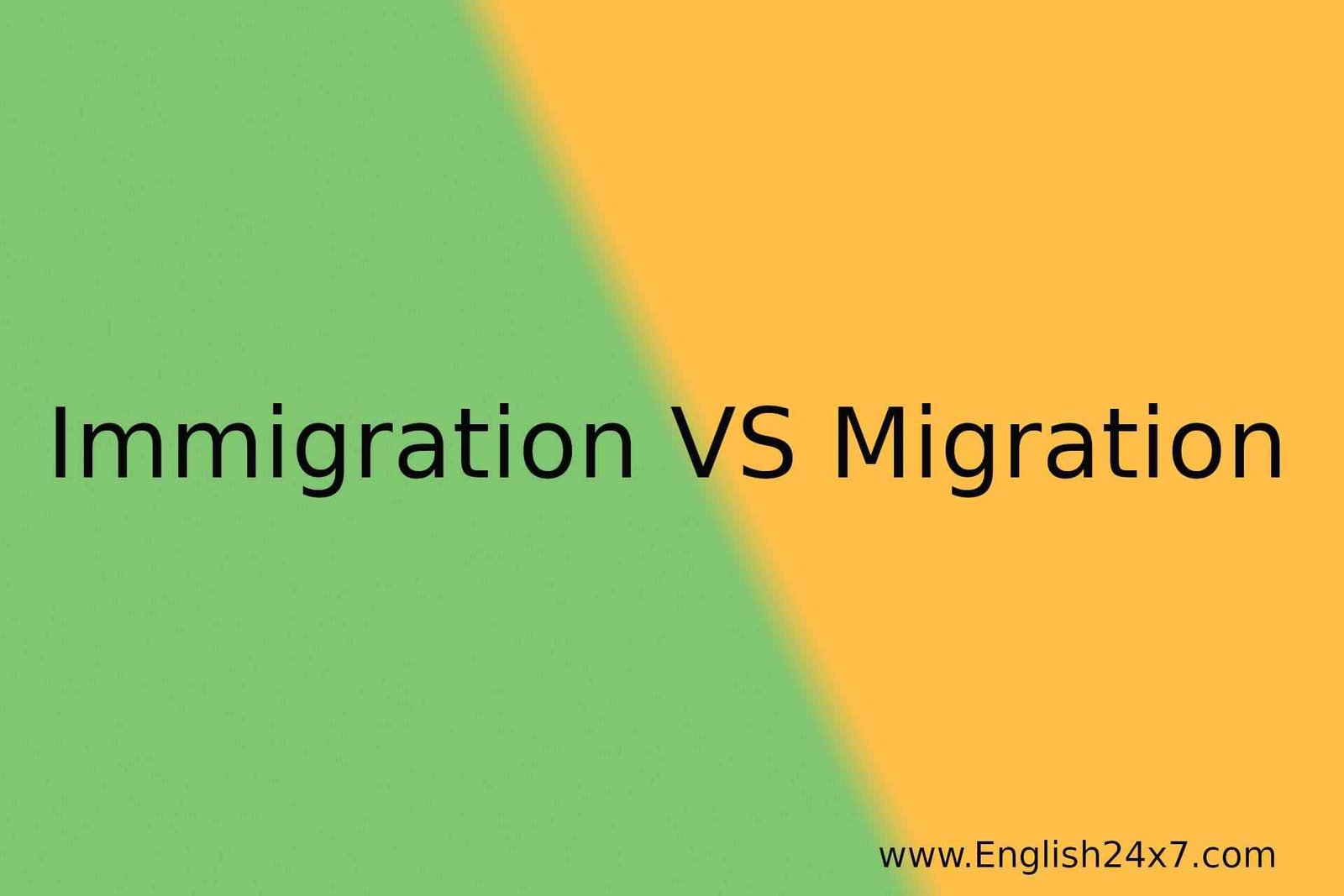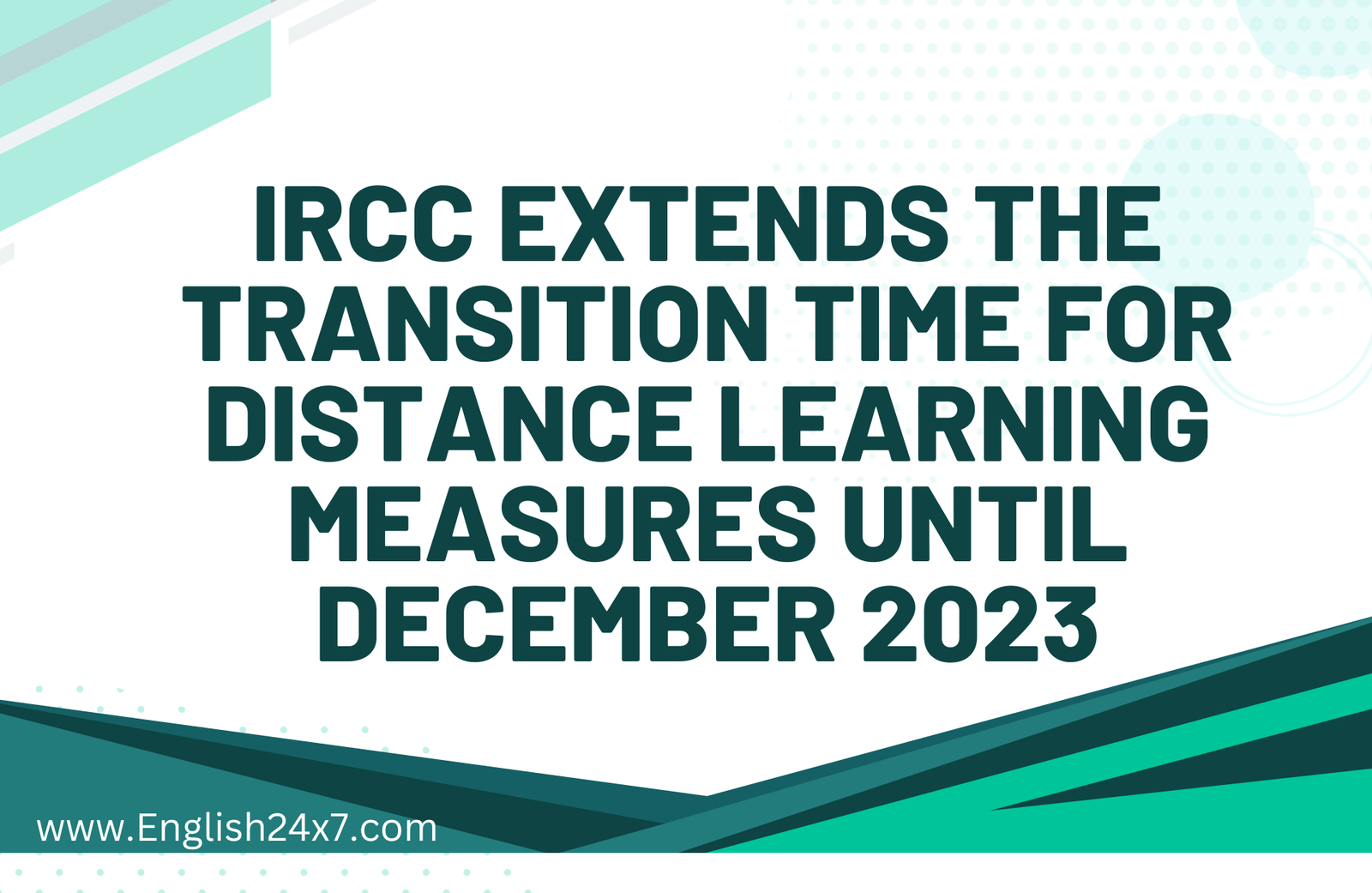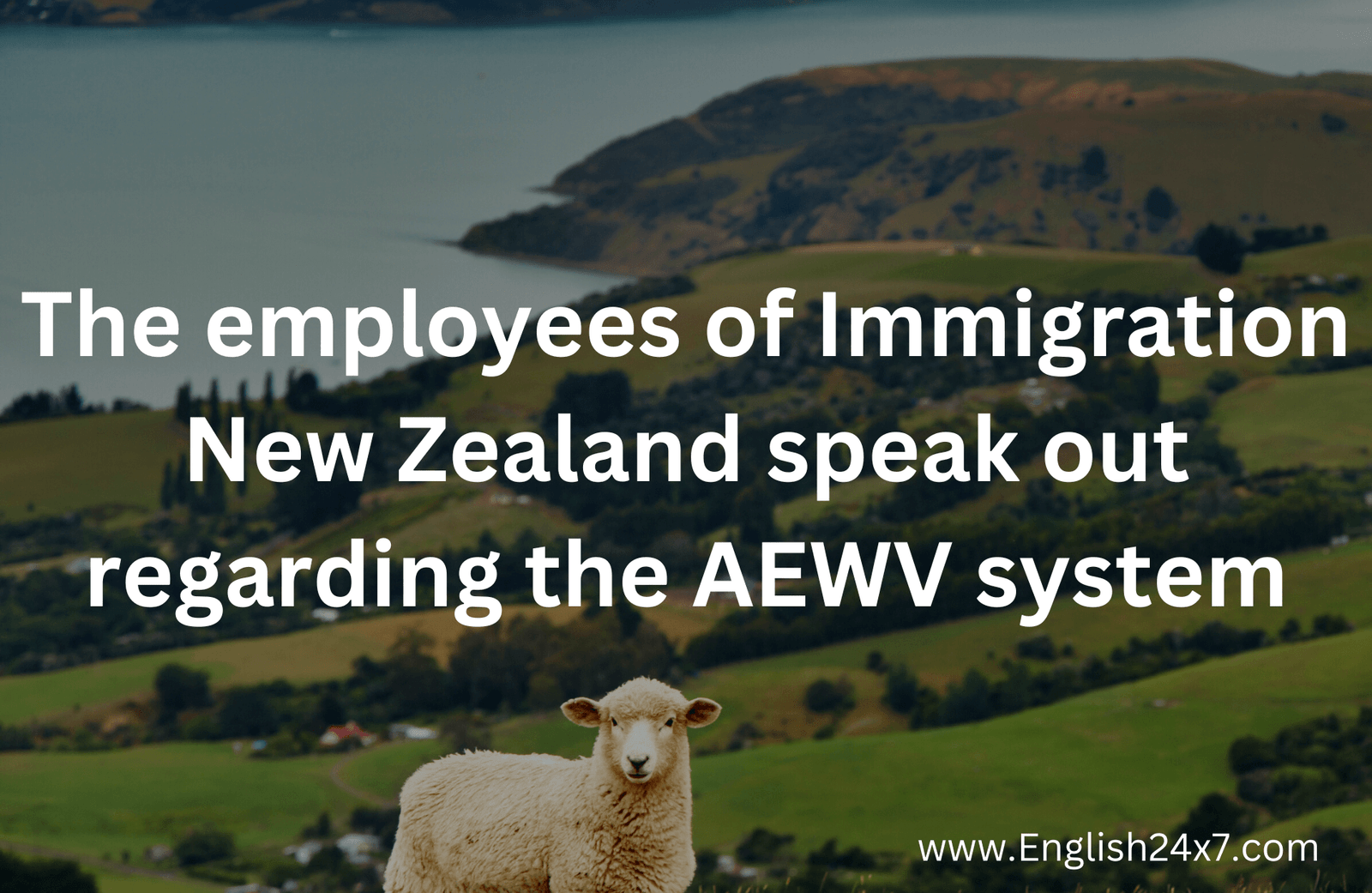
A Major hit for Indian students: Half of Student Visa applications are declined by Australia in 2022
50% of applications for vocational to higher education for students from India, Sri Lanka and Nepal have been declined by Australian immigration.
The Australian immigration authorities are concerned about the bona fides of applicants from India, Nepal and Sri Lanka. The applications for students from these countries have dropped to one in every four.
In 2022, the visa grant for these countries has been dropped to half as compared to previous years. Most students are from vocational courses.
The granted applications for vocational courses are 34 applications out of 900 applications which is merely 3.8 % of the total.
As per the records in July 2022, the Indians students (totalling 96,000 in numbers) studying in Australia account for the second largest group of foreign students after the students from China.
The offshore VET applicants face a high degree of scrutiny from the Australian immigration authorities which causes the high refusal rate in return.
The visa refusal is also increased in higher studies to 44% for Indian students. Not only the Indian, Pakistani students are also facing the refusal rate of 43% in 2022. The students from Nepal only received 33% visa in higher education and 15% in vocational education.
Vishal Sharma, A registered migration agent in Melbourne, with clients from Nepal and India stated that the many visas are rejected on non Genuine entrant basis, without considering the visa applications properly.
There are many genuine students who want to study in Australia but their applications were rejected without even considering the circumstances of these genuine students properly.
He said that it is true that there is a Mafia who file the dodgy student visas and forge the documents of the students in Indian subcontinents.
Tertiary Education Quality and Standards Agency (TEQSA) ,the Australian higher education regulator, also warned various Australian institutions about the faulty activities of their education agents.
They advised various institutes to monitor their activities and have a complete check on the students they enrol in different courses.







